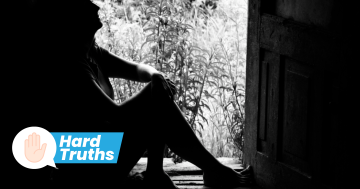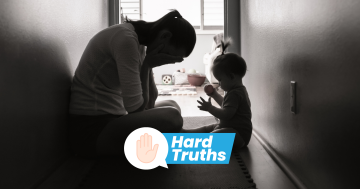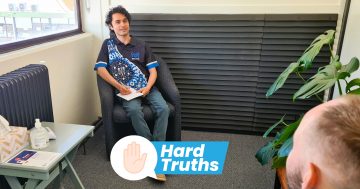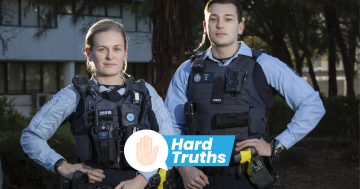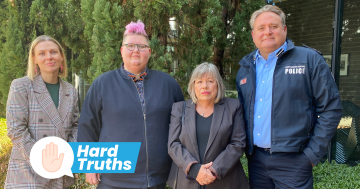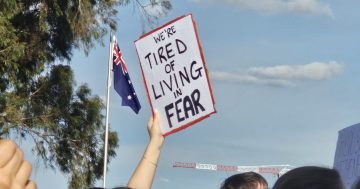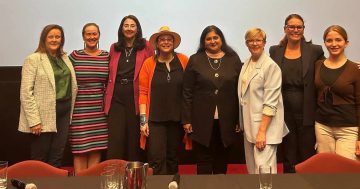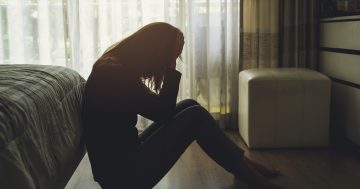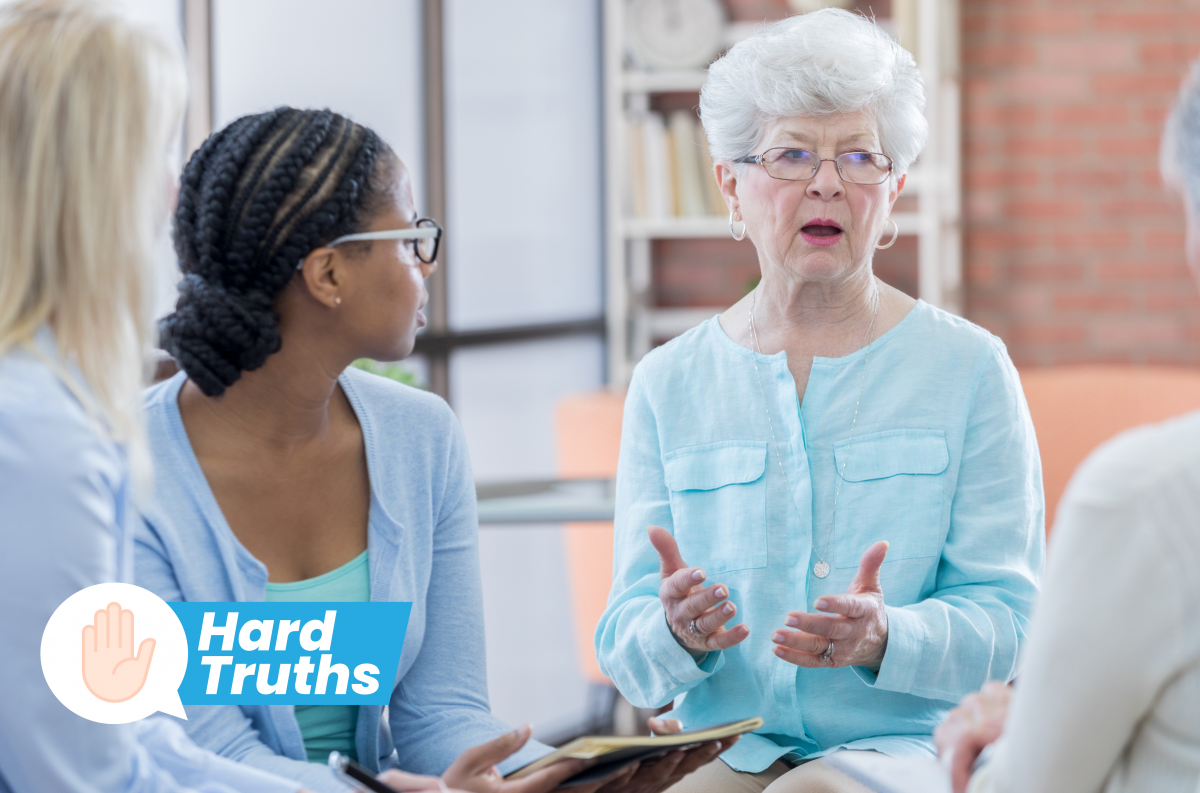
Adamas-Nexus provides support so survivors can process trauma created by a crisis that may be current or 50 years in the past. Photo: File.
“I am worthy, I matter and how I feel matters. I am loved. I am braver than I think, stronger than I seem and smarter than I know. My presence on this earth makes a difference whether I see it or not.”
These words are spoken by former victims of family and domestic violence at the beginning of every Adamas-Nexus (AN) meeting. It’s a mantra that settles AN’s all-female attendees into an hour of healing, for while the crisis may have passed, all victims continue to need support on the long path to recovery.
In Ancient Greek, ‘Adamas’ means ‘diamond’; in Latin, ‘Nexus’ means ‘a binding together/connection’. The two themes inspired the founders to create a space for and by survivors, where they can process trauma created by a crisis that may be current or 50 years in the past.
“We have people coming to us who are 23-year-old university students, through to women in their 70s who have had childhood abuse.
“They are older. They are younger. They are high-income. They are low-income. It crosses all boundaries. It does not discriminate,” says co-founder Kristine Hewett.
After two decades of living well, Ms Hewett came to a crisis point that forced her to act on her trauma. Her psychologist recommended her to Al-Anon, an organisation that runs meetings helping people impacted by another person’s alcohol use.
The 12-step program, like Alcoholics Anonymous, was eye-opening for her as she heard stories from others who’d been through similar experiences and used the same, sometimes poor, coping strategies to get through life.
Ms Hewett and her best friend had helped each other through personal crises. The model inspired them to start their own support group for women impacted by family and domestic violence after finding few other options.
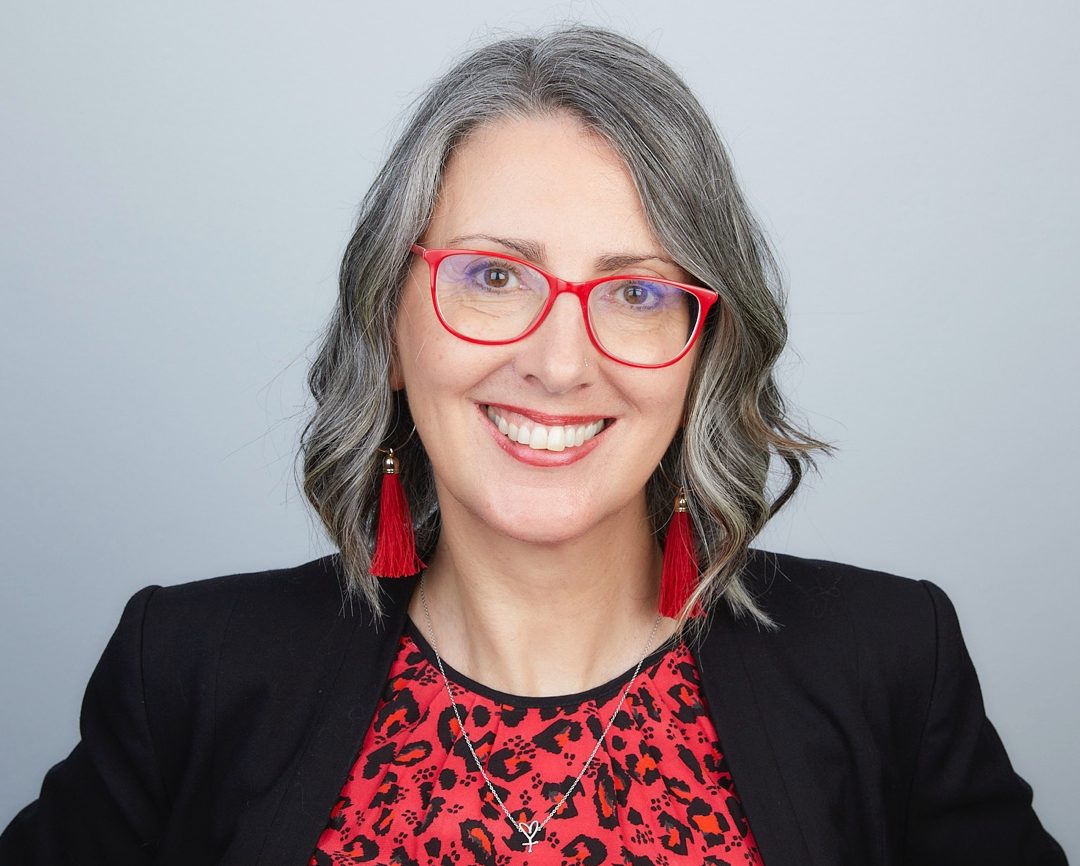
On top of her duties at AN, Kristine Hewett works four days a week to help keep the organisation going. Photo: Kristine Hewett.
Clinical psychology registrar Heshani De Silva says this isn’t surprising as the focus in this space is on keeping women safe in crises.
“Twenty years ago, there weren’t even discussions of post-crisis support. Since the 2016 Victorian Royal Commission into Family Violence, there’s been a lot more survivor-led research bringing attention to it.”
Ms De Silva used to volunteer with AN, and being a survivor herself, says the organisation is one of a kind in Australia. There is no treatment rulebook for psychologists, as no two survivors are alike. The approach used by AN is trauma-informed, collaborative and survivor-led.
Identifying the impact of trauma on the body and mind is easier said than done for family and domestic violence survivors. Overwhelmed by negative experiences, picking apart the confusing mess of cause and effect can be difficult.
Survivors’ sympathetic nervous system (‘fight or flight’ mode) may be triggered, alerting them to potential threats years after they’ve left the unsafe environment.
If the body is constantly tensed for flight, it produces higher amounts of cortisol, leading to weight gain, difficulty focusing, muscle stiffness and migraines. Survivors sometimes rely on harmful coping strategies, ranging from substance abuse to denial or complete withdrawal from society.
At meetings, survivors focus individually on words like anger, empathy, healing or disassociation. This allows them to separate the noise in their mind and clarify what emotion they’re experiencing in the moment.
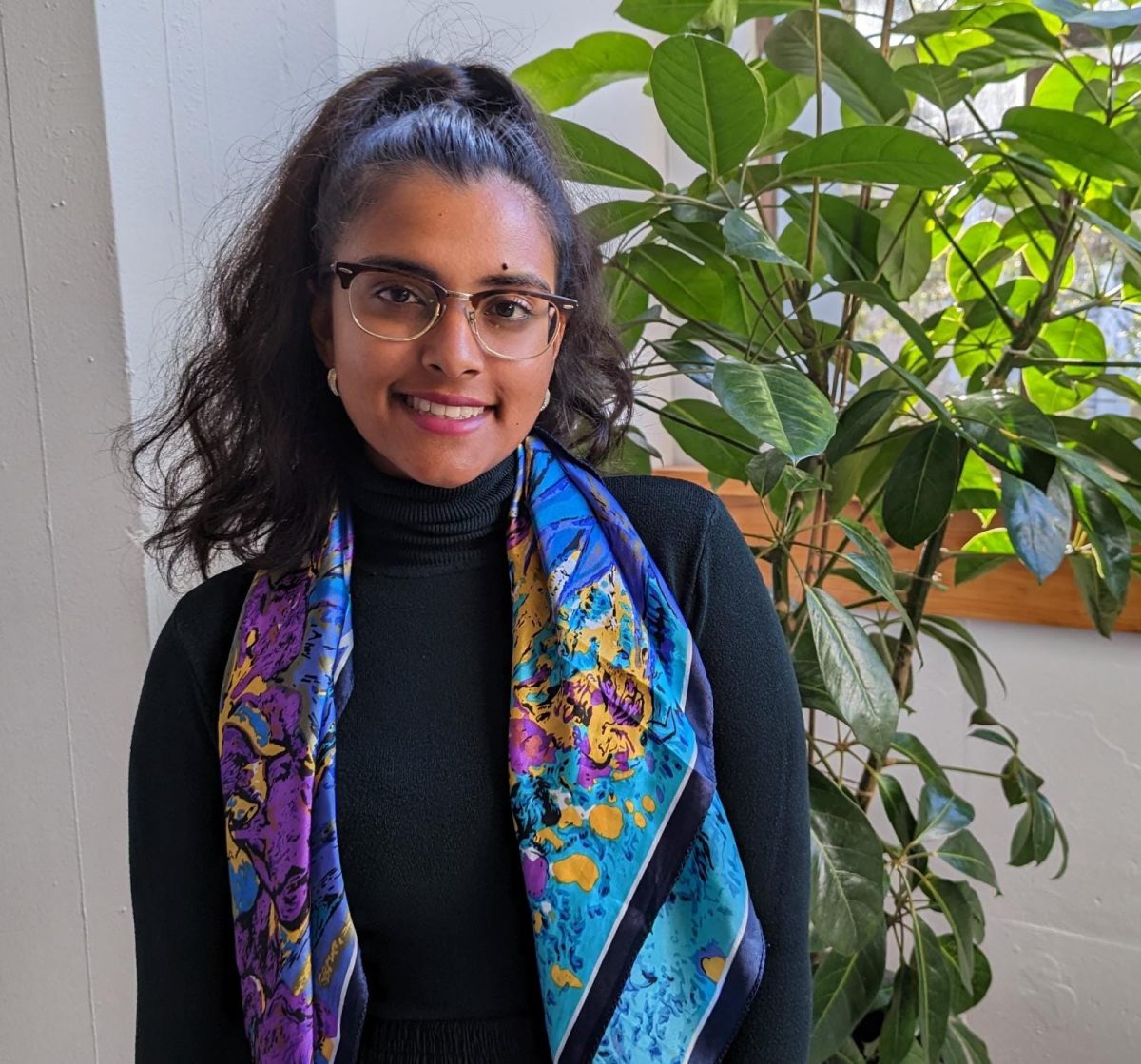
Now based in Sydney, Heshani will soon finish her PhD and work as a registrar for the next 18 months to become a fully qualified clinical psychologist. Photo: Heshani De Silva.
Even if survivors can’t articulate what they want to share, they’ll find understanding and validate their experiences. Ms Hewett says it’s common for people to re-discover impactful moments they’d previously ignored or to become mindful of other underlying issues that affect their day-to-day life.
Group discussions allow others to contribute their reflections, helpful strategies or resources, giving the survivor another step towards finding peace.
Ms Hewett wants to expand AN’s survivor-led services across Australia and provide meetings for men and specific cultural communities, but resources are scant. They’re currently operating online, which is helpful to regional and rural victim survivors but limits their reach.
AN is looking for volunteers and offers a corporate sponsorship package. It provides businesses with information to effectively support their employees who may be going through a crisis. Ms De Silva also recommends Relationships Australia, which provides workshops on healthy coping strategies and communication styles that build self-esteem.
When it comes to family and domestic violence, Ms Hewett believes “no one ever fully recovers”.
“It’s about having the strategies in place so you can manage it and thrive.”
If you are experiencing domestic or family violence, DVCS has a 24-hour crisis response line, which can be reached on 6280 0900.
If you are in danger or if it is an emergency, call Triple Zero on 000.












